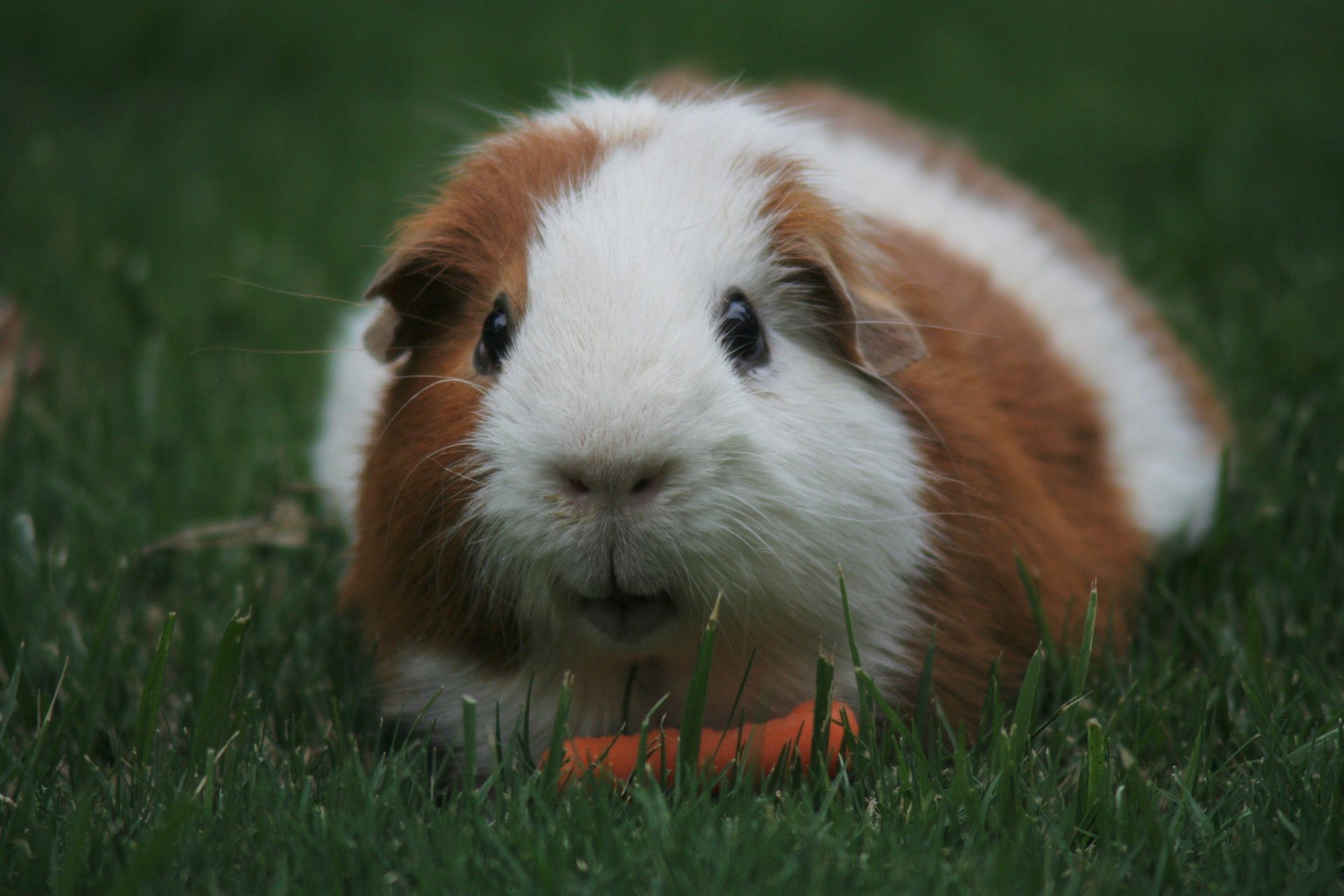Caring For A Broody Hen
Caring for a broody hen can be a rewarding yet challenging task for any backyard chicken keeper. A broody hen is one that has the natural instinct to sit on eggs and hatch them, even if no fertilized eggs are present. This behavior, while natural, can be taxing on the hen’s health if not managed properly. Ensuring she has access to food, water, and a safe environment is essential. Additionally, there are steps you can take to either support her broodiness for hatching eggs or break the behavior if hatching isn’t the goal. Understanding how to care for a broody hen will help maintain her health and keep your flock in balance, whether you’re encouraging her to hatch chicks or redirecting her focus. By providing the right care, you can minimize stress on the hen and ensure a positive outcome for your flock.
Have you recently started keeping chickens? One thing that you will likely at some point find yourself dealing with is brooding, which is when chickens get fixated on sitting on their eggs. Most of the time, hens will come out of brooding naturally. However, sometimes they seem to have trouble switching gears. In that case, you may need to take a few steps. A local Middletown, DE vet offers some advice on handling a broody hen below.
Know What To Expect
Although hens can go broody at any time, this behavior is most common during spring and early summer. When caring for a broody hen, it’s important to note that certain breeds are more likely to exhibit this behavior. Brahmas, Cochins, Sussex, and Silkies are among the breeds that frequently go broody and may require extra attention and care during this period.
Keep Up With Egg Collecting
If you can, pick your feathered buddy up and put her down away from the nest while you collect eggs. Your hen may get flustered, but it’s important for her to eat, drink, relieve herself, and move around a bit … even if she goes right back to her nest after.
Cool It Down
Cooling your hen’s underside can help her get out of that brooding mindset. Try putting a few ice cubes beneath your hen. You can also dunk your hen’s bottom side in cool water. Do this a few times a day. This won’t hurt her, but may just make her brooding behavior uncomfortable enough to break the cycle!
Offer Safe Space
Sometimes, caring for a broody hen involves getting her away from the nesting box to help break that broody streak. Try placing your winged pal in a small crate or portable coop with a wire bottom and no bedding. The discomfort, along with the increased airflow cooling her underside, can often do the trick. This method is an effective part of caring for a broody hen, as it helps her refocus and return to normal behavior.
Know The Timing
Chickens usually stay broody for about 3 weeks, which is how long it takes fertile eggs to hatch. Most of the time, hens will resume their normal behavior after that amount of time.
Hatching
Of course, if you want to let your hen hatch fertilized eggs, then there’s no need to keep her from brooding. Ask your vet for tips on caring for a broody hen and supporting your expectant mama. Just be prepared: you may end up with quite a few male chicks that will need homes!
Caring for a broody hen in 2025: How to prepare for hatching and raising chicks
How to prepare for a broody hen to hatch and raise chicks?
To prepare a broody hen to hatch and raise chicks, ensure she has a safe, quiet, and comfortable space, away from other hens. Fertilized eggs should be placed under her, and she will incubate them for about three weeks. Provide ample food and water nearby, as the hen may leave the nest briefly to eat and drink. Monitor her and the eggs for any issues, and be ready to assist with chick care once they hatch. Remember, some chicks may be male and will need rehoming later.
What to do during and after hatching?
During hatching, ensure the broody hen is comfortable and has access to food and water nearby, as she may leave the nest only briefly. Monitor the process but avoid unnecessary interference unless issues arise. After hatching, keep the environment clean and provide safe, warm space for the chicks. The chicks will need a heat source if the hen is not attentive, as well as starter feed and water. Additionally, be prepared to manage or rehome male chicks. Consulting a veterinarian for guidance on chick care is recommended.
How to reintegrate a broody hen and chicks into the flock?
To reintegrate a broody hen and her chicks into the flock, wait until the chicks are strong and healthy, usually around 4 to 6 weeks old. Introduce them gradually to the rest of the flock, ideally in a neutral space to reduce territorial aggression. Supervise the process closely, as some older hens may show aggression towards the chicks. Providing separate feeding and watering stations can help ease the transition. Ensure the flock has enough space to prevent bullying and allow the hen to protect her chicks if needed.
How long does a mother hen typically care for her chicks before they become independent?
A mother hen typically cares for her chicks for about 6 to 8 weeks before they become independent. During this time, the hen will protect, keep them warm, and teach them how to find food. After this period, chicks are usually feathered and able to regulate their body temperature. At this point, they can begin foraging and caring for themselves. However, the specific duration can vary slightly depending on the breed and individual circumstances, with some hens naturally weaning their chicks sooner or later.
How do you set up a proper brooding pen or nesting area for a broody hen?
To set up a proper brooding pen for a broody hen, provide a quiet, comfortable space separate from other chickens. Use a small crate or portable coop with a wire bottom to ensure proper airflow, and avoid adding bedding. The hen should have easy access to food and water while being encouraged to move around periodically. If hatching fertilized eggs, maintain a consistent environment for about three weeks, which is the incubation period. Monitor the hen to ensure she eats, drinks, and stays healthy during brooding.
Do you have questions about your chickens’ health or care? Contact us, your local Middletown, DE animal clinic, today!



